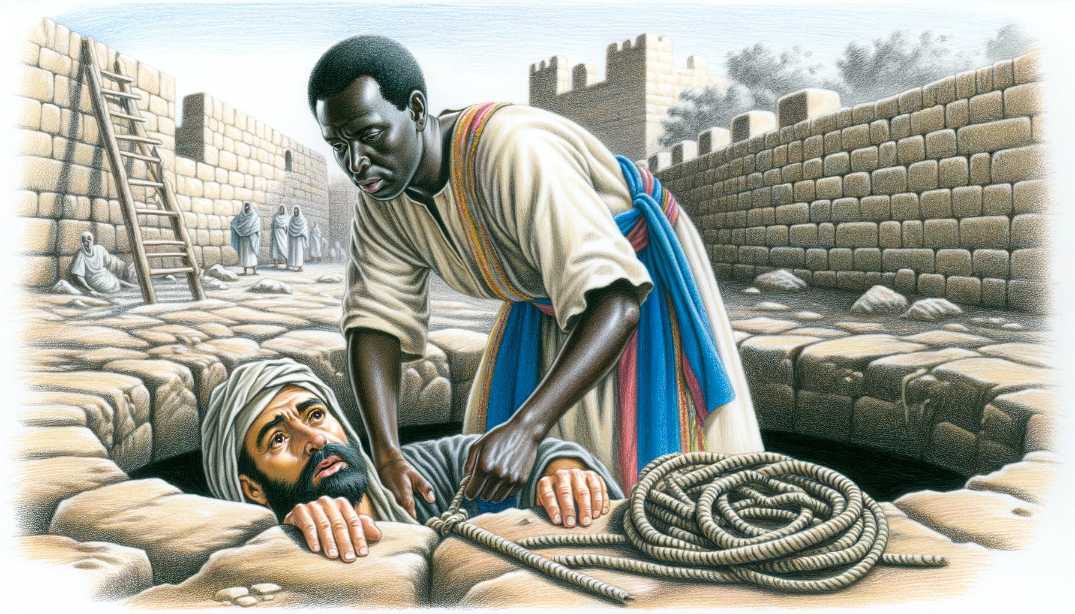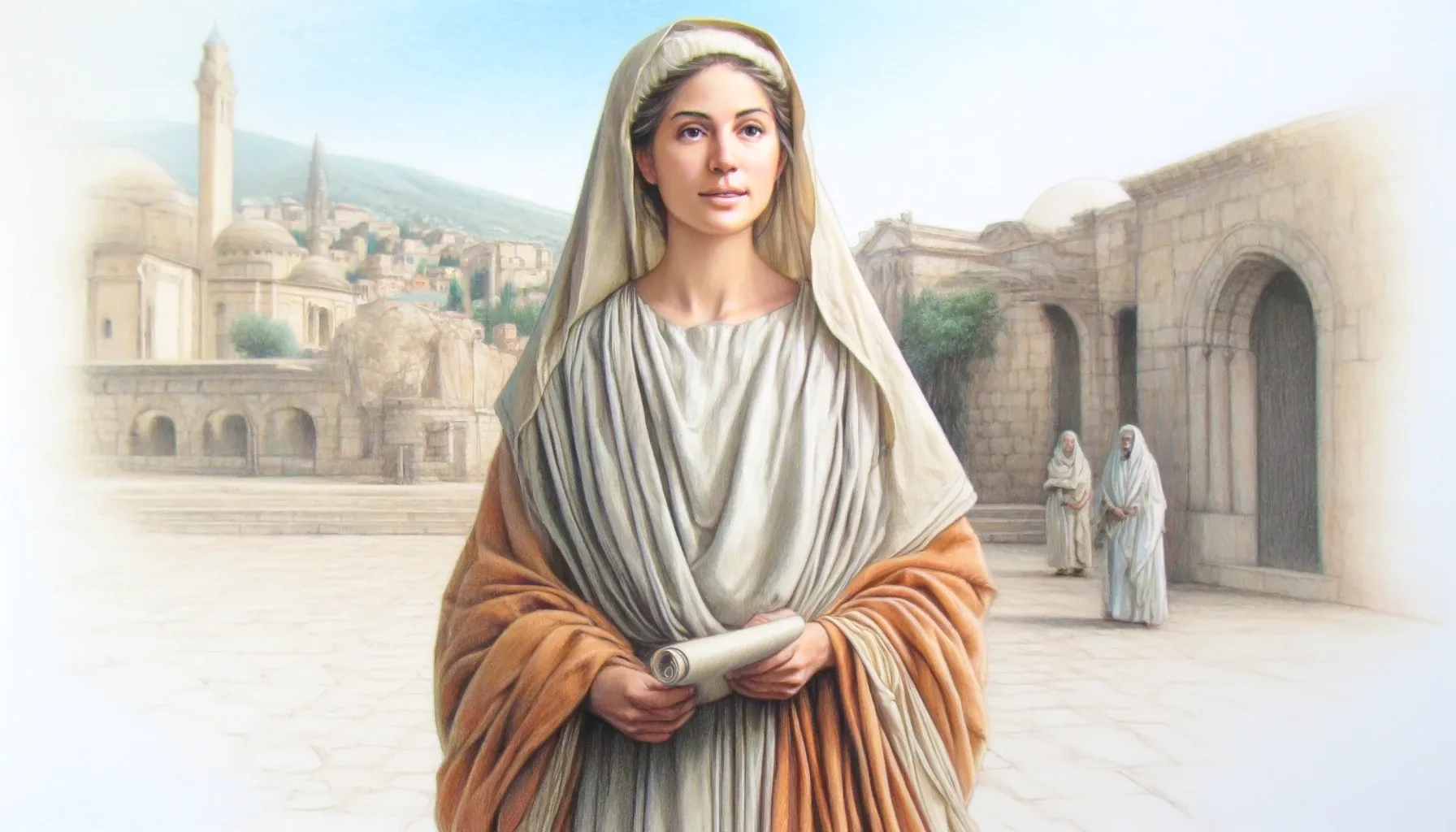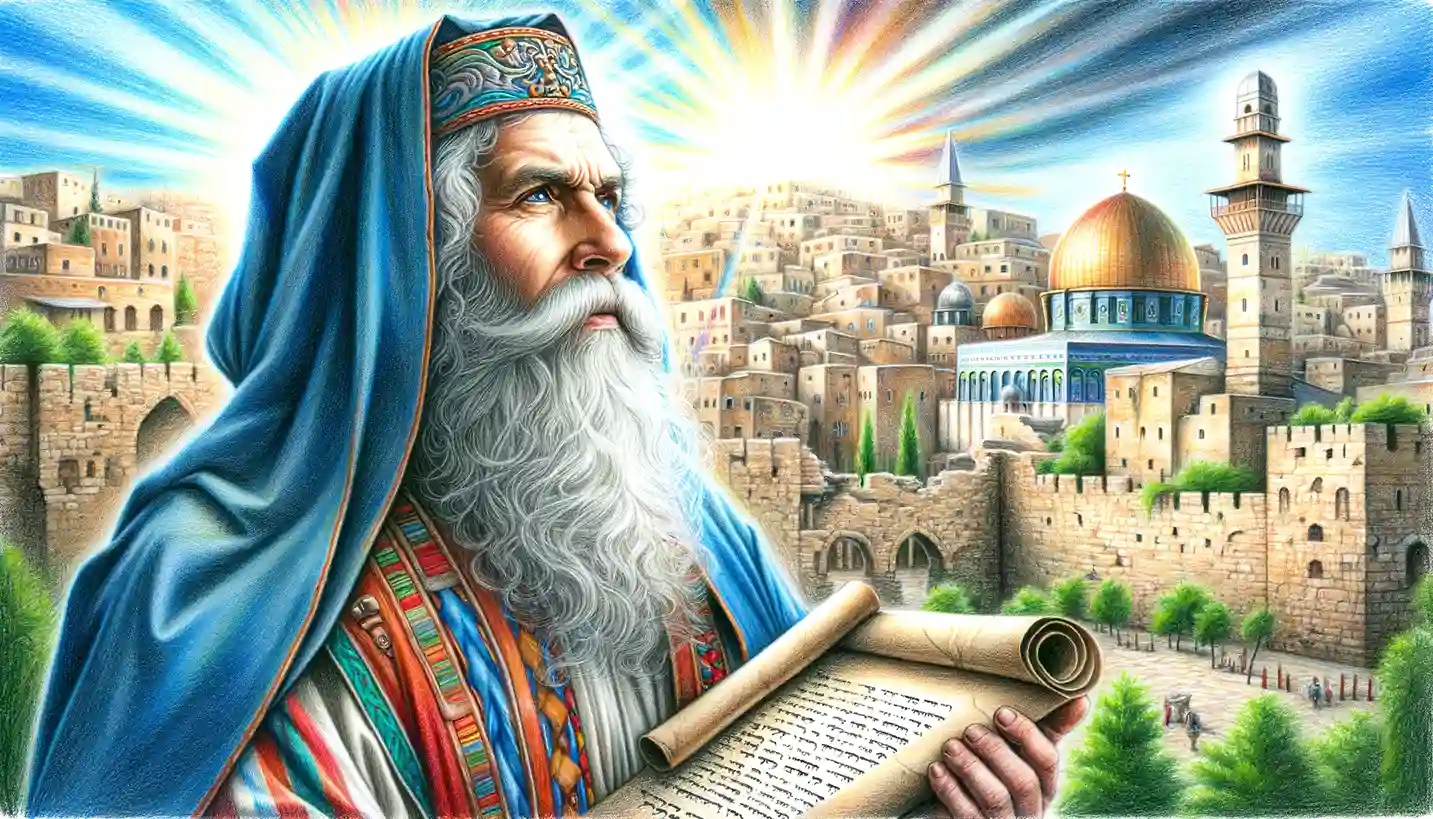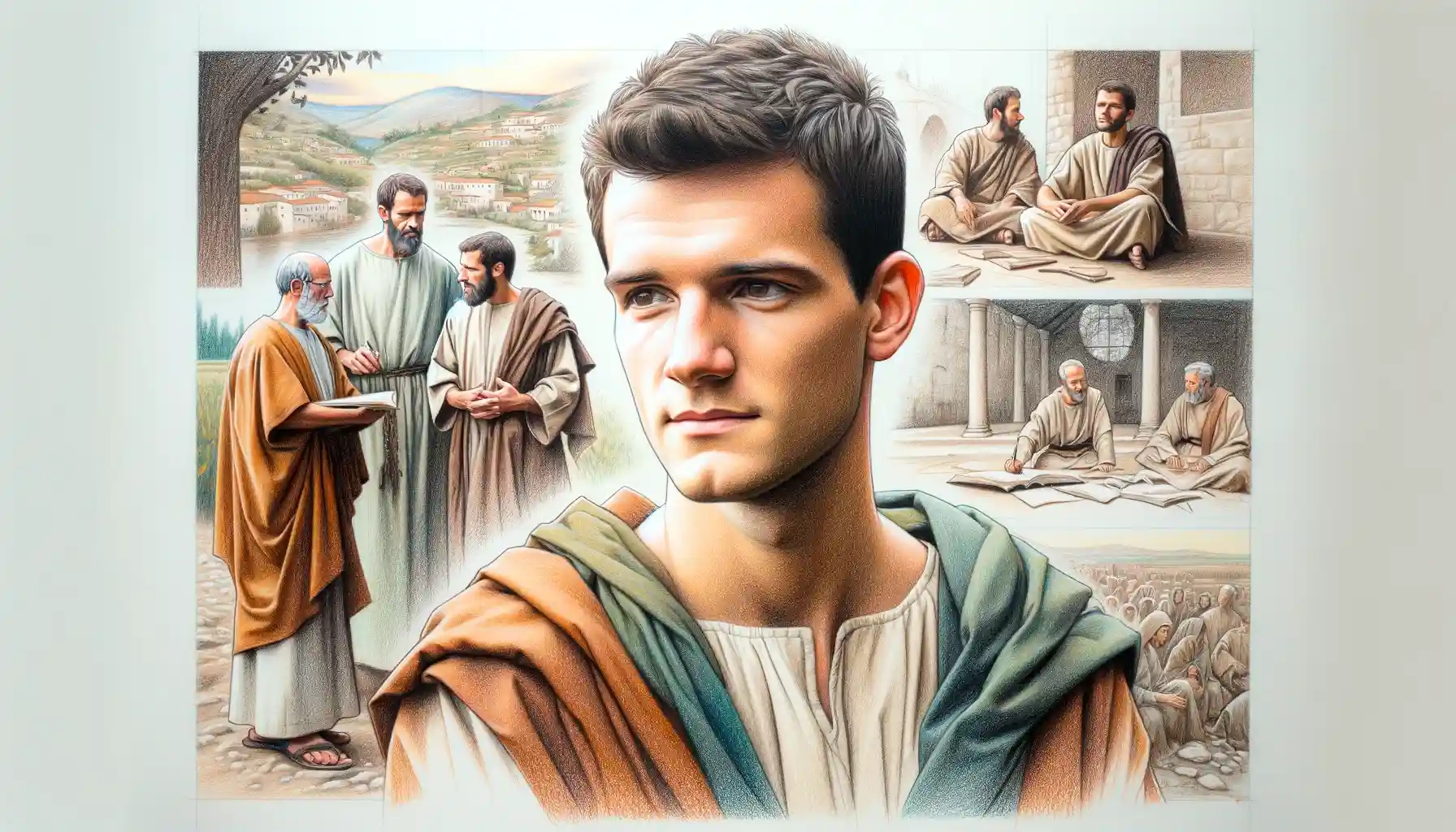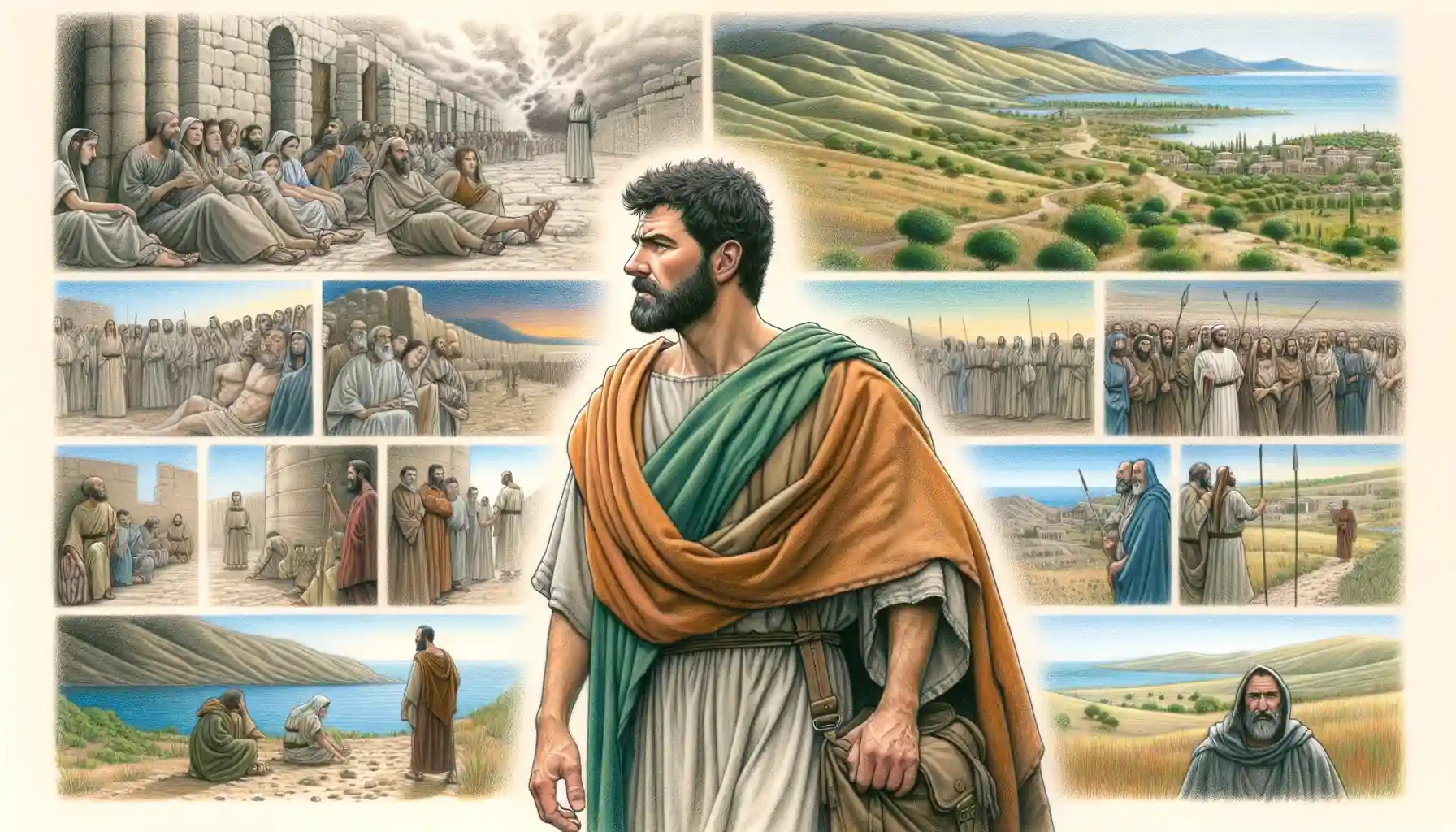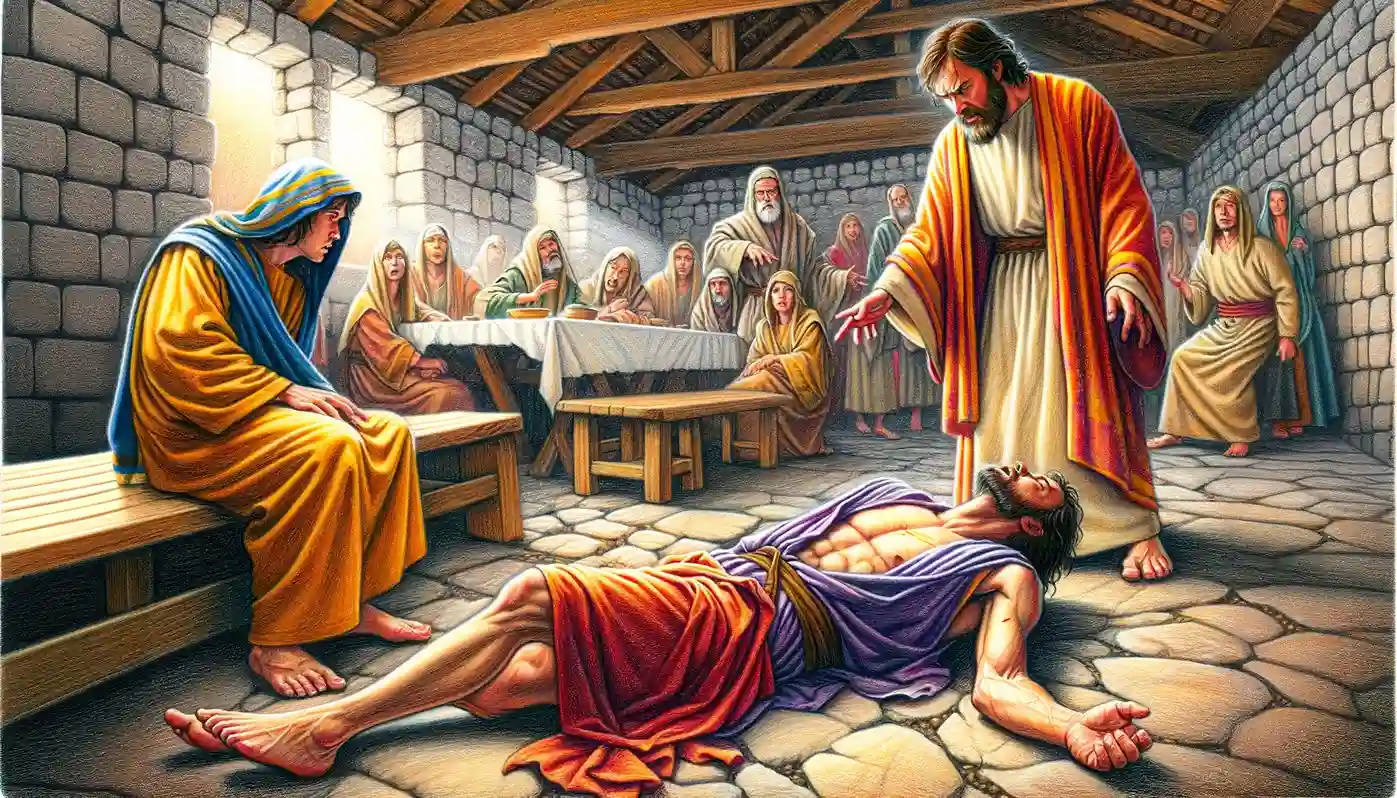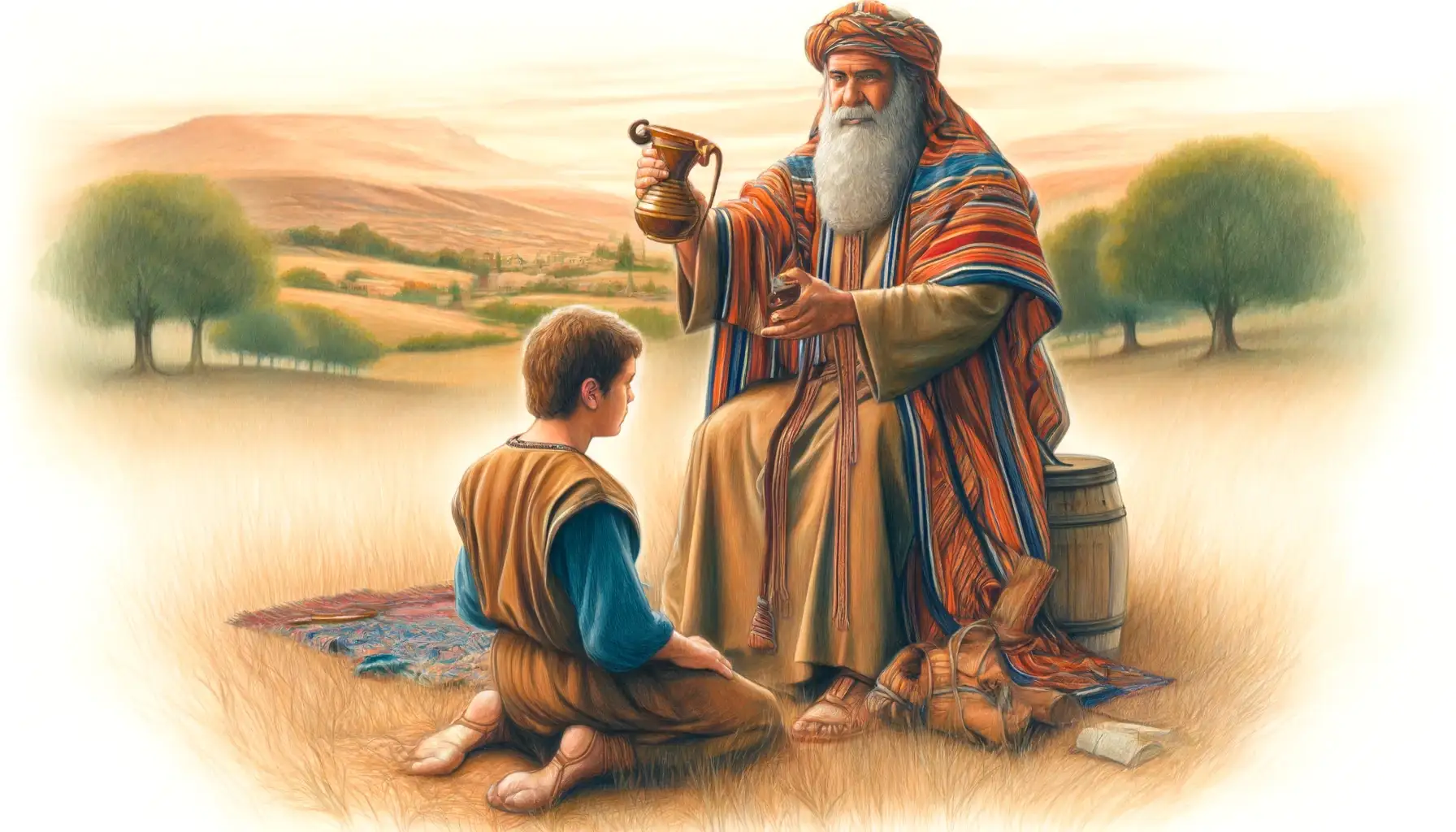Ebed-Melech, an Ethiopian eunuch in King Zedekiah’s service, bravely rescued the prophet Jeremiah from a cistern, demonstrating profound faith, compassion, and courage, which God rewarded with a promise of safety.
Phoebe, a deaconess of the church in Cenchreae, is commended by Paul in Romans 16:1-2 for her significant role as a benefactor and leader, highlighting the active participation of women in the early Christian community.
Zephaniah, a prophet during King Josiah’s reign, warned of the impending Day of the Lord, calling for repentance and promising restoration for the faithful remnant.
Zechariah, a prophet during the post-exilic period, received visions of Jerusalem’s restoration and the coming Messiah, providing hope and emphasizing God’s sovereignty.
Titus, a key Christian leader in Crete and a trusted companion of Paul, was the recipient of an epistle that provides essential guidance on church leadership, sound doctrine, and Christian living.
Timothy, a close companion and disciple of Paul, played a crucial role in early Christian church leadership and received two epistles from Paul that provided guidance on doctrine, church organization, and personal conduct.
Silas, a key companion of Paul on his second missionary journey, played a crucial role in spreading the Gospel, enduring imprisonment and persecution, and helping establish early Christian communities in Thessalonica, Berea, and Corinth.
Sarah, originally named Sarai, was the wife of Abraham and mother of Isaac, whose birth at her advanced age of 90 fulfilled God’s promise and demonstrated her unwavering faith in His plans.
Sapphira and Ananias were a couple in the early Christian church who were struck dead for lying to the Holy Spirit about the proceeds from a property sale, highlighting the severity of deceit in God’s community.
Samuel, a prophet dedicated to God from birth, played a critical role in Israel’s history by serving as a judge and anointing its first two kings, Saul and David.

